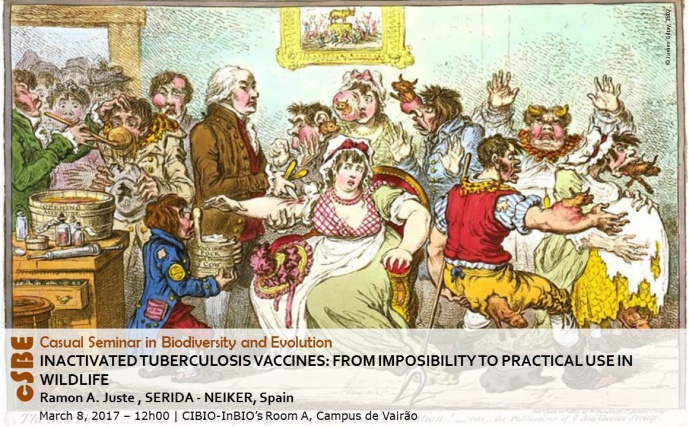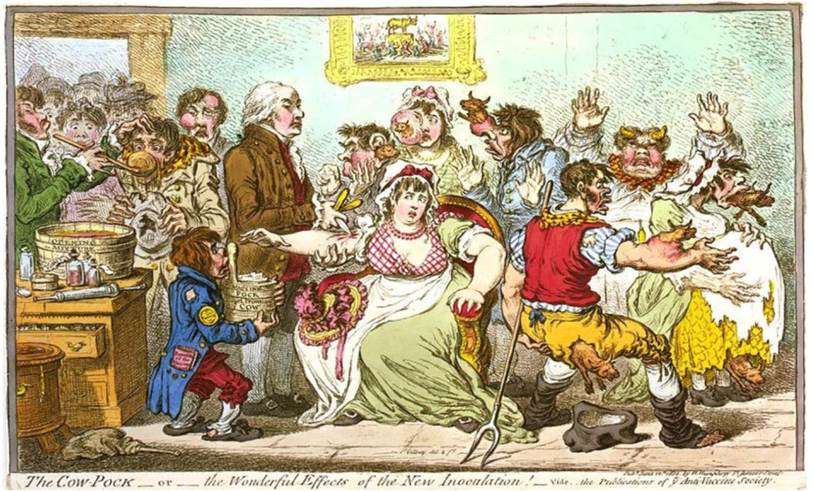INACTIVATED TUBERCULOSIS VACCINES: FROM IMPOSIBILITY TO PRACTICAL USE IN WILDLIFE

CASUAL SEMINAR IN BIODIVERSITY AND EVOLUTION

Vaccines are one of the most powerful tools for population disease control. Demostrated for the first time in the late 18th century, but subject to criticism until now, their efficacy has helped to win wars and soon became strongly supported and confirmed by the microbial theory of disease. Tuberculosis vaccines born in the turn of the 20th century have been in use since then. However, early on it was assumed that inactivated ones did not work and that became the dogma for the following decades. Evidence that killed paratuberculosis vaccines worked well led us to challenge this belief and to start developing a simple heat inactivated vaccine that very quickly showed its efficacy in wild boar. A study in cattle provided evidence on the mechanisms involved and thus provided a theoretical support based on the concept of trained innate immunity that also matched with observations on unspecific protection yielded by TB vaccination. Currently, we are running several experiemente in different specie with this vaccine that are showing that the inactivated vaccine works as well as BCG in most cases, but also that both the experimental model and the administration conditions are critical to maximaize protection and to minimize adverse responses to challenge with M. bovis.
Dr. Juste got his Veterinary Medicine degree at the University of Zaragoza in 1979 and his PhD at the same university in 1990. After a short period in clinical practice, he started his research career at the Basque Country research institute Neiker. He worked there for 32 years until he moved to the SERIDA as Managing Director in 2015. Dr. Juste has made several stages at other European and American research centers. His work has been centered on animal health with an epidemioological and microbiological perspective and an special focus on mycobacterial and viral slow infections in ruminants, but working also on other domestic and wild species. Dr. Juste is currently involved in the develepment of an inactivated mycobacterial vaccine with a potential to unspecifically protect against different conditions. He has published over 170 scientific papers and has an h-index of 34 according to the WOS.
[Host: Paulo Célio Alves, Conservation Genetics and Wildlife Management]
Image credits: James Gilray, 1802